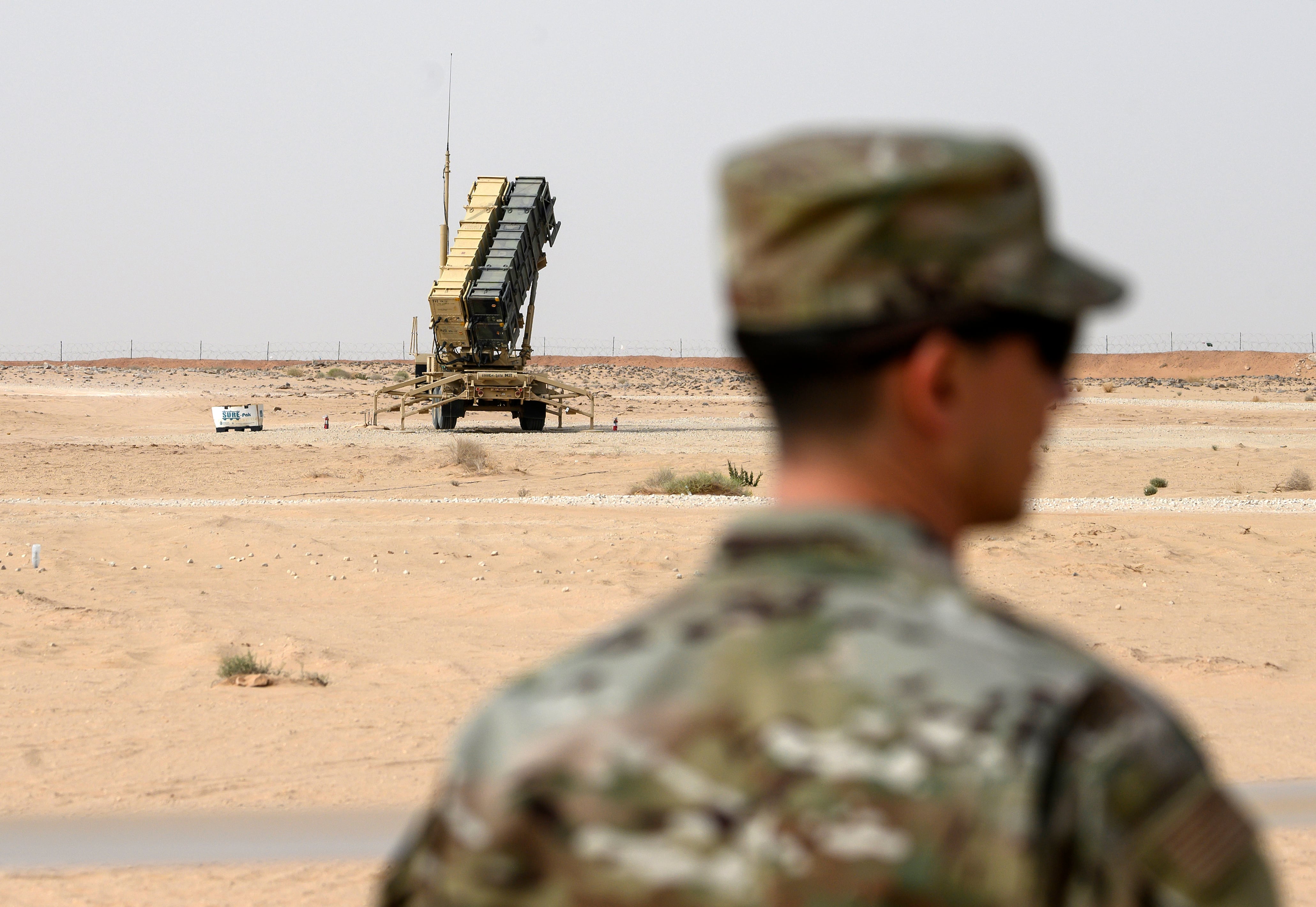A Saudi-led military coalition has fully reimbursed the Pentagon for one piece of America’s involvement in Yemen’s ongoing civil war, but another $17 million sum remains unpaid more than three years after the U.S. stopped some air support for the conflict.
Between March 2015 and November 2018, the Pentagon spent about $300 million to fly aerial refueling missions in support of Saudi Arabia, the United Arab Emirates and others engaged in the nearly eight-year conflict.
About $261 million of that funded the hourly costs of flying KC-135 Stratotanker and KC-10 Extender tanker planes, and another $38 million went toward jet fuel. Saudi Arabia and the UAE have shared the financial burden.
The Saudi kingdom closed out the debt for flying-hour costs in January 2021 with a $6.3 million payment to U.S. Central Command, Army Lt. Gen. Andrew Poppas, director of the Joint Staff, told Senate Armed Services Committee Chairman Sen. Jack Reed (D-RI) in a November report. Air Force Times reviewed the report Tuesday.
The UAE had already covered about $104 million in flying hour costs, leaving the Saudis to foot another $157 million in hourly fees. Emiratis also refunded $15 million for fuel the U.S. provided in 2015 and 2016, the report said.
With the flying-hour costs settled, Saudi Arabia still needed to pay back $23 million for fuel on behalf of the coalition. It shrank that balance to $17.2 million in July 2021, but the Pentagon said in November it hadn’t received anything since the summer.
RELATED

U.S. Central Command, the Defense Logistics Agency and the Pentagon’s military training partnership in Saudi Arabia “are continuing to seek payment from the … Ministry of Defense for the remaining fuel debt,” Poppas’s report said in November.
Iran-linked Houthi rebels in Yemen have been embroiled in an effort to oust the government, which is backed by the Saudis and other Persian Gulf nations, since 2014. The Saudi-Iranian proxy war has killed hundreds of thousands of people and displaced more than 3 million; 80% of Yemenis are in need of humanitarian aid.
The U.S. military has provided intelligence and logistical support to the Saudi-led coalition from the start. In 2018, the Pentagon and the Saudis said American air refueling would come to an end because the kingdom could handle it on its own. Congress also passed legislation barring U.S. involvement in Yemen, but then-President Donald Trump vetoed the proposal in 2019.
RELATED

As of the beginning of August 2016 — almost 18 months into the war — U.S. KC-135s and KC-10s had flown more than 1,100 sorties to pump 40.5 million pounds of fuel into 5,525 receiving aircraft, Air Force Times reported at the time.
The United States continues to supply resources to the conflict, such as then-CENTCOM boss Gen. Frank McKenzie’s pledge in February to send interceptors that block incoming Houthi missiles. Americans are still fighting a parallel yearslong battle against the local al-Qaida offshoot in Yemen as well.
The civil war appears to be entering a new phase this week, after Yemen’s exiled head of state Abed Rabbo Mansour Hadi ceded power to a new presidential council and a two-month ceasefire offers a brief respite. Saudi Arabia and the UAE have pledged $3 billion to support the transition.
“This is a council of peace, but it is also a council of defense and strength,” its leader Rashad al-Alimi said Friday.
Rachel Cohen is the editor of Air Force Times. She joined the publication as its senior reporter in March 2021. Her work has appeared in the Washington Post, the Frederick News-Post (Md.), Air and Space Forces Magazine, Inside Defense, Inside Health Policy and elsewhere.








